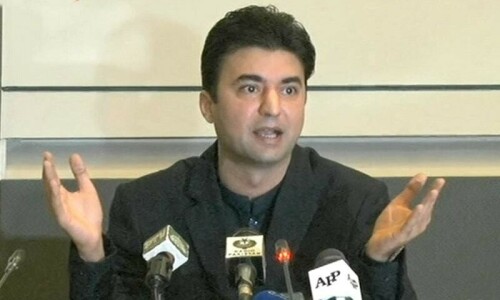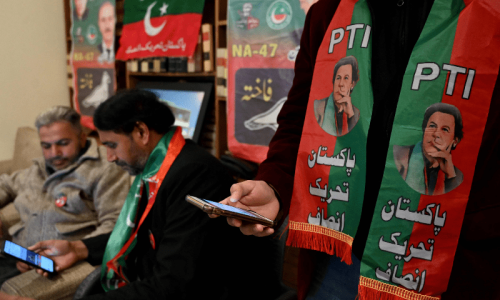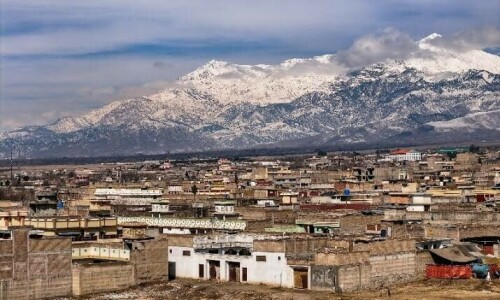COLOMBO/CHENNAI: Heavy fighting broke out across Sri Lanka’s northern area of Kilinochchi, leaving 37 Tamil Tiger rebels and six soldiers dead, the defence ministry said on Wednesday.
It said 34 rebels and 25 soldiers were also wounded in the fierce fighting that took place on several fronts on Tuesday.
The Liberation Tigers of Tamil Eelam (LTTE), who are battling a government push to dismantle their northern mini-state, did not comment on the military casualty claims.
Sri Lankan troops say they are just two kilometres from Kilinochchi, which has been the LTTE’s administration centre for the past decade.
Troops have killed 7,553 rebels since Sri Lanka pulled out of a Norwegian-backed truce in January, while 748 soldiers died in combat, according to a defence ministry toll. The figures cannot be independently verified.
Meanwhile, a group of MPs from southern India have threatened to quit unless the government intervenes to halt “atrocities” against fellow Tamils in nearby Sri Lanka.
The 38 deputies from Tamil Nadu are allies of India’s ruling Congress party and their resignations could threaten the stability of the national government.
“If the government of India does not come forward to halt the war in Sri Lanka within two weeks, then the MPs from Tamil Nadu would be constrained to give up their posts,” the deputies said in a statement issued late Tuesday.
It urged the government to take “immediate steps to stop the war ravaging the island nation for three decades and claiming several thousand lives including innocent children”.
Sri Lanka’s ethnic Sinhalese-dominated government is engaged in one of its biggest ever offensives against the Tamil Tigers, who control part of the north of the island and want to carve out a separate state.
The United Nations says 230,000 people have been displaced in the recent wave of fighting.
But the chief minister of the state, M. Karunanidhi, said Indian Tamils could not be “silent spectators of the present atrocities in Sri Lanka”.
When asked to comment on the threat, Indian Prime Minister Manmohan Singh said the situation in Sri Lanka was “a cause of concern” but gave no sign India would toughen its approach to Colombo.
He repeated that India wanted a “negotiated political settlement which respects the unity and integrity of Sri Lanka and grants the essential human rights of minorities, especially the Tamil minority”.
India intervened in the Sri Lankan conflict in 1987 when it sent its troops to supervise a bilateral peace pact but ended up fighting the LTTE.
New Delhi withdrew its troops three years later after losing 1,200 soldiers. Since then, India has maintained a hands-off policy towards Sri Lanka.
The LTTE was trained and armed by New Delhi in the early 1980s but are now banned. The group was blamed for the 1991 murder of former Indian premier Rajiv Gandhi.—AFP












































Dear visitor, the comments section is undergoing an overhaul and will return soon.